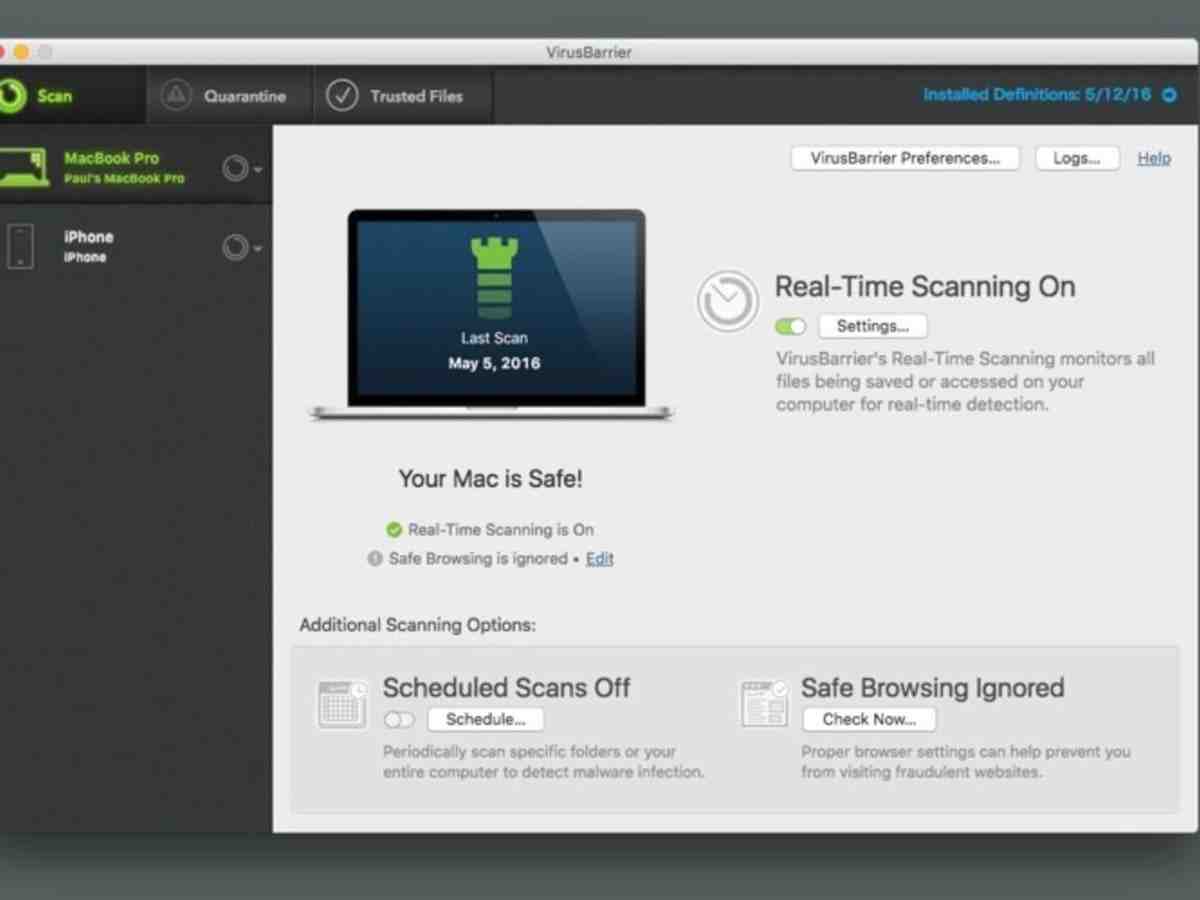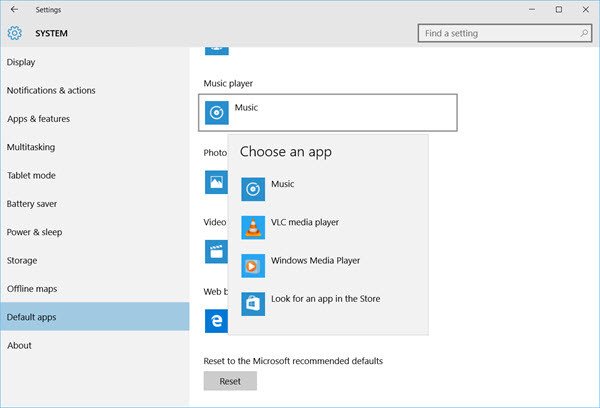


Losing balance and problems with movement.Not caring about other people’s feelings.Hallucinating or experiencing delusions or paranoia.Losing interest in normal daily activities or events.Taking longer to complete normal daily tasks.Using unusual words to refer to familiar objects.Trouble handling money responsibly and paying bills.Wandering and getting lost in a familiar neighborhood.Difficulty speaking, understanding and expressing thoughts, or reading and writing.Experiencing memory loss, poor judgment, and confusion.The signs and symptoms can vary depending on the type and may include: While everyone loses some neurons as they age, people with dementia experience far greater loss.

Signs and symptoms of dementia result when once-healthy neurons (nerve cells) in the brain stop working, lose connections with other brain cells, and die. What are the signs and symptoms of dementia? There are several different forms of dementia, including Alzheimer’s disease, which is the most common. Many people live into their 90s and beyond without any signs of dementia. Dementia ranges in severity from the mildest stage, when it is just beginning to affect a person's functioning, to the most severe stage, when the person must depend completely on others for basic activities of daily living, such as feeding oneself.ĭementia affects millions of people and is more common as people grow older (about one-third of all people age 85 or older may have some form of dementia) but it is not a normal part of aging. Some people with dementia cannot control their emotions, and their personalities may change.



 0 kommentar(er)
0 kommentar(er)
